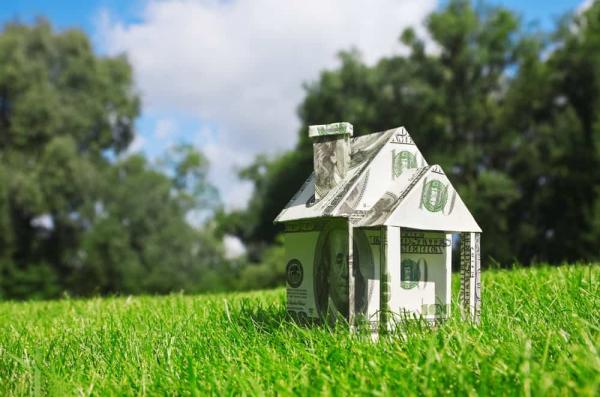
With Old Man Winter slowly creeping into our lives, it's time for a refresher on making your home more energy-efficient. Although these points apply throughout the year, it's important to be aware of them during the winter when most energy waste happens. When it comes to things you can do to make your home more energy-efficient, there are the paid improvements, and there are the things you can do that don't cost money.
Those who have the luxury of making paid improvements have an advantage over those that don't. However, that does not mean that those who can't afford to make improvements can't still create meaningful savings. It's important to educate yourself on what techniques make a difference and to be consistent.
There are two main reasons why people cannot make paid improvements on their home. Some don't own the house or apartment they live in while others simply don't have the money. But if you're in this boat, there are still things you can do to change your habits in a way that uses less energy and creates a more thoughtful use of your resources.
Going room by room, here are some examples of what you can do:
Bathroom
Cut down on the time and heat of your showers. It takes a lot of energy to heat your water. In the Western world, we have become accustomed to hot showers. However, after spending time in a developing country with no hot water I am a witness that; although it is uncomfortable my life didn't collapse into shambles because of it. In fact, over time I toughened up and it was no longer a problem. Also consider turning down the water heater temperature.
Living areas and bedroom
Use a surge protector that has an on/off switch for your entertainment center. Phantom electricity from appliances that are turned off but still plugged in can make up as much as 10 percent of your electric bill. Switching the surge protector to off will turn off any circuitry going to those appliances. If you are in the market to buy a new computer, consider a laptop as they use less energy than a desktop.
Kitchen
When preparing meals, cook enough for leftovers for a few days so that you can conserve the energy used for the stove and oven. Once it's time to clean up, wait until your dishwasher is full before starting. The same goes for your washer and dryer.
Throughout the house
Always remember to turn lights off when you are no longer using the room. When there is sufficient natural light, opt for opening the blinds or curtains. In the winter, keep the heater down low, especially at night and when no one is home during the day. With our new house, we have been testing this out by keeping the thermostat at 62 during the day and at night and 67 for the few hours we are home at night. Adding blankets and sweats to the mix have kept us comfortable and frugal. I recommend the same during the summer with the air conditioning. Just like with showering, eventually your body will toughen and it will be easier to handle the cooler/warmer temperatures.
There are many things you can't control when it comes to energy costs, such as utility companies controlling the price of the energy you use, but there are little things you can do, even without spending money to make improvements, in order to live more frugally and to focus your resources on your family.

